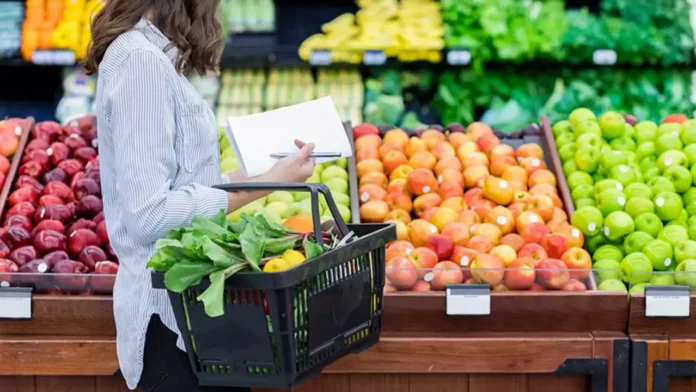Food and beverage costs at retail establishments in Estonia are poised to increase once more in the upcoming year, as the repercussions of indirect tax adjustments announced by the Reform-Eesti 200-SDE coalition in April become apparent.
Given that January 1 is a national holiday, the majority of the alterations will become evident in the form of elevated prices on store shelves starting from the following Tuesday, January 2. This is attributed to the VAT rate in Estonia, more accurately described as a sales tax, increasing by two percentage points to 22 percent.
This could result in supermarkets experiencing a busier New Year’s Day than would typically be expected.
Estonia Faces Alcohol Excise Duty and Recycling Fee Increase
Furthermore, there will be a five-percentage-point increase in the alcohol excise duty rate, along with a corresponding rise in the deposit recycling fee levied on beverage manufacturers.
The ETV news program “Aktuaalne kaamera” (AK) indicated an anticipated average price hike of 1.7 percent due to the modification. However, retailers mention that the impact will differ across product categories and were unable to furnish more specific details at this juncture.
The Chief Economist at Luminor Bank, Lenno Uusküla, remarked that the increase will add more strain to people’s finances, leaving little to nothing for savings after covering essential expenses.
Uusküla said, “People will remain poorer to the extent of this 1.7 percent [average rise in prices]. This means the purchasing power of their wages will fall further. This is where wage rise pressure derives from, leading to wage-price inflation as another round of wage increases occurs.”
Kristjan Anderson, chief accountant at supermarket Selver, referred to “price elves” amending labels in the new year.
“The elves have [already] entered the price changes in the program for the most part, but these will not take effect until January 2024,” he quipped.
Marilin Jürisson, the Purchasing Manager at Rimi, mentioned that in her company’s scenario, the initial price adjustments for the new year have already affected less price-sensitive products, such as “industrial goods.” However, for food and drinks, prices on the shelves will remain unaffected until January 2.
The retail spokespersons interviewed by AK were unable to provide more precise details regarding average price increases in the New Year. They emphasized that competition will play a role in determining these changes.
Hence, shoppers are recommended to scrutinize price labels diligently in the upcoming weeks. Numerous campaigns are expected on specific products or those experiencing a lower-than-average level of inflation.
“An average price change of 1.7 percent cannot be realized for all products, so the change for some products will be somewhat larger,” Kristjan Anderson said, referencing milk, particularly the variety sold in plastic bags, some other dairy products, and more popular brands of bread, as potential examples.
Browse More Articles: Global food prices set to rise as El Niño takes a toll on raw materials





